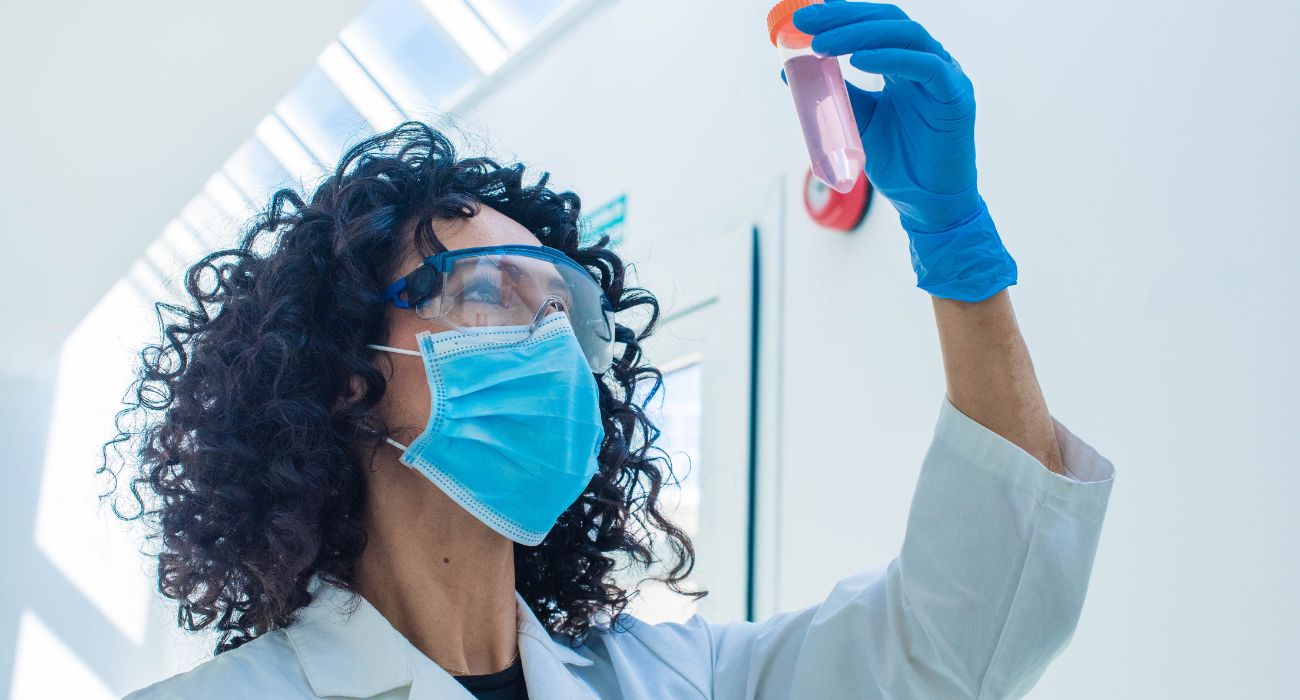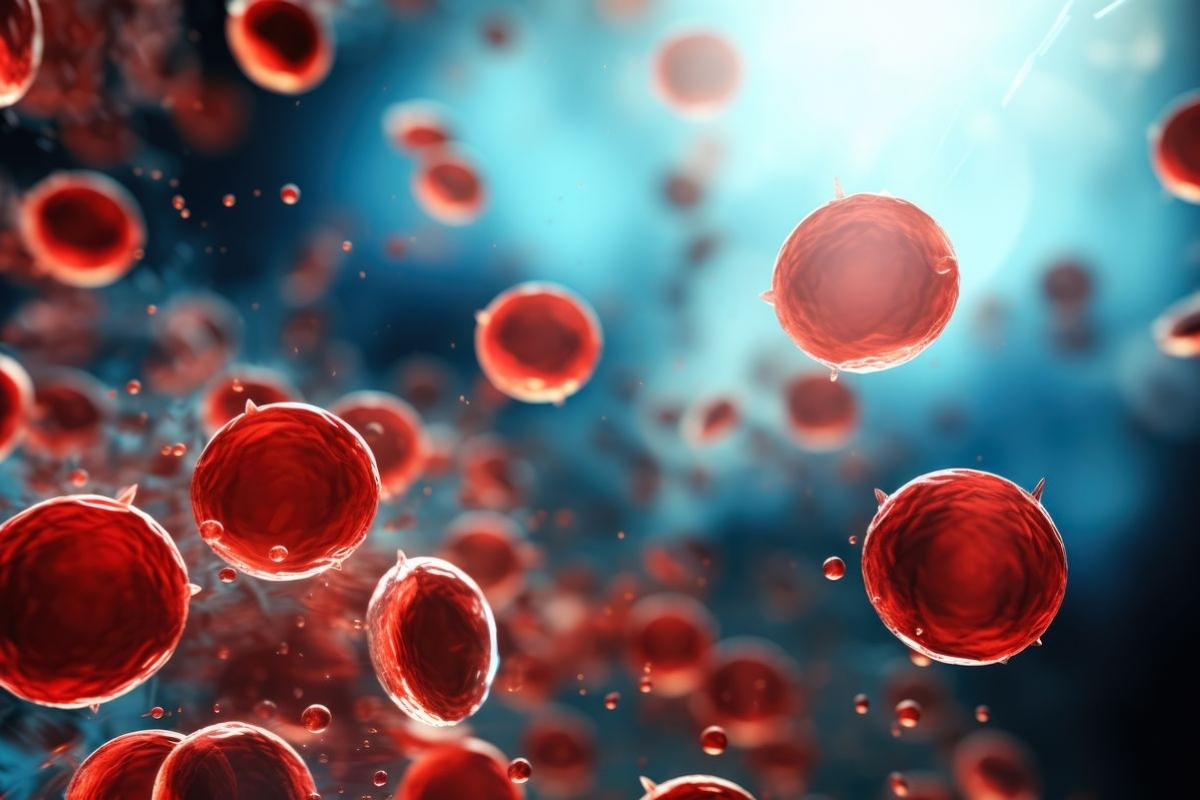Tests for the Early Detection of Cancer
.png)
Early Detection of Cancer: What Tests Should You Take
Cancer impacts millions across the globe, and its effects can be life-altering. However, the positive news is that early detection plays a crucial role in improving treatment outcomes, survival rates, and overall patient well-being.
Detecting cancer in its early stages increases the chances of successful treatment. Unfortunately, many cancers don’t show symptoms until they have reached an advanced stage, making it even more critical to undergo regular cancer screening.
Screening tests are designed to identify cancer before symptoms develop. By detecting abnormal growths, cell changes, or genetic markers early on, healthcare professionals can intervene sooner, offering more effective treatment options. Early diagnosis can make all the difference, dramatically improving the likelihood of a positive outcome and significantly increasing cancer survival rates.
The Role of Early Cancer Detection in Treatment Success
Detecting cancer at an early stage is key to preventing it from advancing to a more severe stage. Early intervention leads to higher success rates in treatment and much better long-term outcomes.
Most cancers begin as small, undetectable growths, often without noticeable symptoms. By the time symptoms appear, the cancer may have spread to other areas of the body, complicating treatment and reducing its effectiveness. This is why regular cancer screenings are so essential in ensuring timely detection and intervention.
Screening tests can detect subtle abnormalities, genetic factors, or early tumor growth long before symptoms appear. These tests play a vital role in identifying cancer at an early stage, enabling healthcare providers to recommend appropriate treatments that can prevent the disease from advancing further.
Key Cancer Screening Tests
Here are some of the key cancer screening tests that health care professionals commonly recommend for individuals at risk:
Breast Cancer Screening
Mammograms are the most widely recognized screening test for breast cancer. This procedure uses X-ray technology to identify any abnormal growths or tumors in the breast tissue. Early detection of breast cancer through regular mammograms can significantly improve cancer treatment outcomes, as it allows for early intervention and increases the likelihood of survival.
Colorectal Cancer Screening
Colorectal cancer is one of the most common cancers globally, but regular screening can help detect it early. The fecal occult blood test (FOBT) checks for hidden blood in the stool, which can be a sign of colorectal cancer. Colonoscopies are also recommended for individuals at higher risk, as they allow for direct visualization of the colon and removal of any potential tumors or abnormal growths.
Cervical Cancer Screening
Pap smears (or Pap tests) are vital in detecting cervical cancer. These tests identify abnormal cell changes in the cervix, which could potentially lead to cervical cancer. Early detection through Pap smears has played a significant role in reducing cervical cancer rates, as it allows for timely treatment of precancerous cells before they develop into cancer.
Prostate Cancer Screening
Prostate cancer is one of the leading causes of cancer in men. Screening typically involves a blood test called the prostate-specific antigen (PSA) test, which measures the levels of PSA in the blood. High levels may indicate prostate cancer or other prostate-related conditions.
Lung Cancer Screening
For individuals at high risk of lung cancer—such as heavy smokers—low-dose CT scans are recommended. Lung cancer is often diagnosed in later stages when symptoms are already present, making it harder to treat. Early screening can help identify lung cancer at its earliest, most treatable stage, reducing the risk of complications and improving cancer survival rates.
Skin Cancer Screening
Skin cancer, including melanoma is a common type of cancer. Regular skin exams performed by a dermatologist can help detect abnormal growths or moles that may indicate skin cancer. This screening is essential for individuals who have a family history of skin cancer or a history of excessive sun exposure.
Blood Tests and Diagnostic Screenings
Blood tests, such as those that measure tumor markers, can help detect certain types of cancer, including ovarian and pancreatic cancer. While these tests are not always definitive, they provide valuable clues that may prompt further testing to determine if cancer is present.
Benefits of Regular Cancer Screening
Regular cancer screening has numerous benefits, especially when it comes to detecting cancer early. Here are some of the key advantages of undergoing regular cancer screenings:
Early Detection Saves Lives
One of the most significant benefits of early cancer detection is that it can save lives. Many cancers, such as breast cancer, cervical cancer, and colorectal cancer, are highly treatable when detected early. By identifying cancer at an early stage, patients can receive treatment before the disease has a chance to spread to other parts of the body, improving the chances of survival.
Reduced Treatment Costs
When cancer is detected early, the treatment process is often less invasive and more cost-effective. Early-stage cancer usually requires less aggressive treatments compared to advanced-stage cancer, which can involve costly surgeries, chemotherapy, and long-term care. Early detection can reduce the financial burden on patients and healthcare systems.
Less Aggressive Treatment Options
With early cancer diagnosis, the treatment options available are typically less aggressive, which can lead to fewer side effects and a quicker recovery. For example, some cancers may be treated with minimally invasive procedures or medication rather than requiring extensive surgery or radiation therapy.
Peace of Mind
For individuals at higher risk of developing cancer, knowing that they are regularly monitored for potential signs of the disease can provide peace of mind. Cancer screenings offer a sense of control over one’s health and can help alleviate anxiety related to the unknown. Even if the tests show negative results, knowing that one is cancer-free can be reassuring.
Better Outcomes
Early detection of cancer can lead to more favorable outcomes and potential cancer prevention. In addition to offering a wider range of treatment options, early detection can increase the likelihood of complete remission. The earlier cancer is detected, the more effective treatment tends to be, leading to better long-term health outcomes and improved quality of life.
Vervé Wellness and Its Cancer Screening Services
Our approach combines the latest in medical technology with a comprehensive understanding of your unique health needs. We provide a range of advanced cancer screening tests designed to detect cancer in its earliest, most treatable stages.
Our cancer screening services include:
Onco-D-Clare: This test analyzes genetic and molecular markers to detect early signs of cancer. It offers a non-invasive method for identifying potential cancer risks, providing valuable insights into an individual’s health status.
OncoTrace: A blood test that screens for cancer markers, helping identify the presence of cancerous cells at a molecular level.
Onconomics: This test analyzes your body’s genetic and molecular profile to detect cancer and monitor changes in your health that may indicate an increased risk.
ImmuneFrame: An immune system profiling test that helps detect early cancer markers, providing valuable information about your body's immune response to potential cancer threats.
aCGH: This test identifies genetic alterations that could be linked to cancer, helping us understand your risk profile better.
At Vervé Wellness, we understand the importance of personalized care. Our team of medical professionals takes the time to review your individual risk factors, medical history, and lifestyle to provide tailored recommendations. By integrating cancer screening into our comprehensive wellness programs, we aim to detect cancer early, prevent its onset, and help you achieve optimal health.
Our goal is to empower you to take control of your health with confidence, backed by the latest diagnostic tools and expert guidance.


